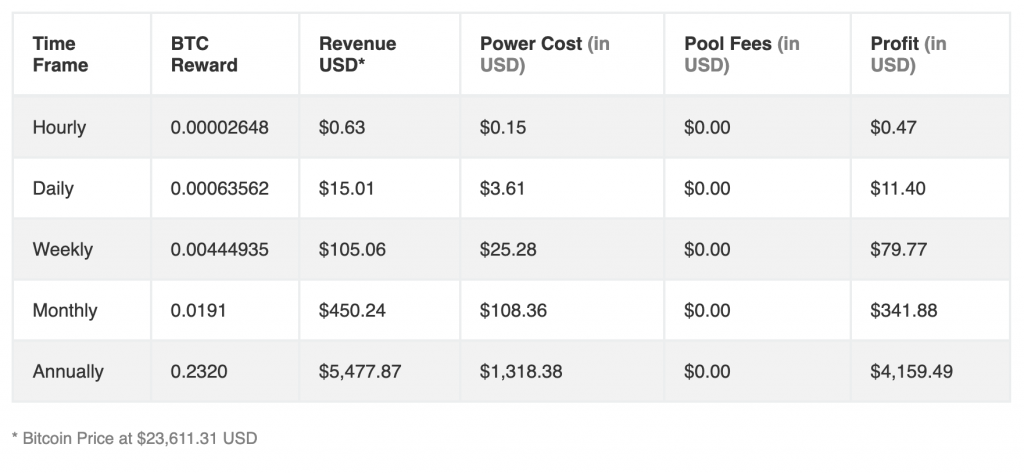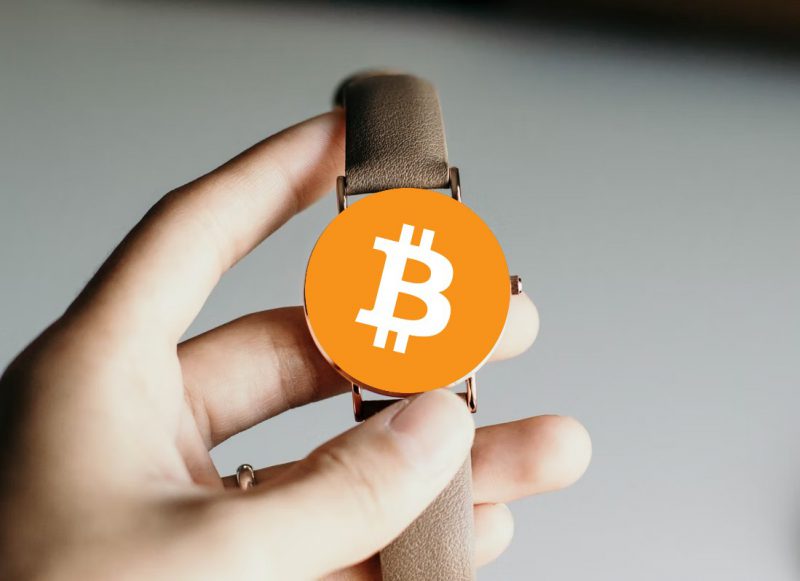Bitcoin [BTC] mining emerged as a controversial yet profitable industry. The mining rewards that came with the process lured an array of individuals and entities into the market. However, the immense backlash toward the mining community has driven away several members of the industry. Chinese miners however remain unfazed by the ban on crypto and continued underground mining. The hype around mining is real. But have you ever wondered how long it takes to mine one Bitcoin?
Mining Bitcoin
Bitcoin has come a long way from being associated with the dark web to emerging as a legal asset. The world’s first cryptocurrency wasn’t always like this. Back in the day, a mere PC carried out the mining process. However now, extensive power and equipment are required to mine the king coin.
Firstly, it should be noted that BTC is mined in blocks. Right after a miner solves a complex mathematical equation called the hash, and validates new blocks, he/she receives the reward. After mining each block the miner gets a reward of 6.25 Bitcoin. It should be noted that the reward value was slashed in half and was earlier 12.5 BTC.


How long does it take?
It should be noted that mining speed can be influenced by an array of things. However, the ideal time required to mine a Bitcoin block is around 10 minutes.
An array of miners come forward to compete against each other. Whoever manages to finish the equation swiftly will end up with the reward. In addition to this, other factors like computational power and the hardware that has been employed also play a role in determining the speed at which BTC is mined.
While 10 minutes doesn’t seem like a long time, this could surge if an individual is mining solo.
Mining Pools
Mining Bitcoin without mining pools can be rather complicated, expensive, and time-consuming. Therefore, mining BTC through mining pools is considered a better option.
A mining pool is a group that entails multiple miners who work together and combine their computational resources over a network. With this, the chances of them mining a block are higher. Once a pool manages to acquire the reward, it is split between the individuals contributing to the process.
Miners will most likely be required to show proof of work in order to claim their rightful reward.
Bitcoin Mining difficulty
Mining difficulty plays a major role in the speed of mining as well. Times when mining difficulty is at its peak, the network is stronger than ever as an array of miners come to compete with each other. However, currently, this was down.
It was revealed that mining difficulty took a major hit in July 2021.
This sudden drop can be directed toward the bearish Bitcoin market. The fact that miners wouldn’t be garnering much value through the mining reward, could have stopped them from carrying out the process.
At press time, BTC had witnessed some recovery as it was trading at $23,517. Any potential surge is likely to lure miners back into the industry.





